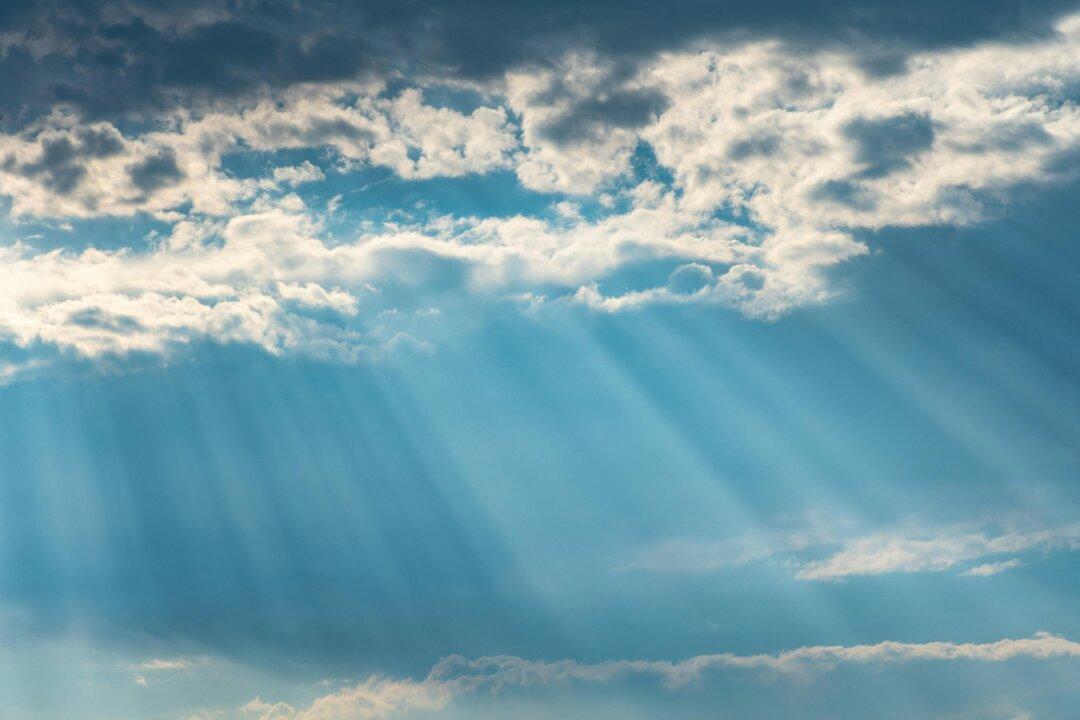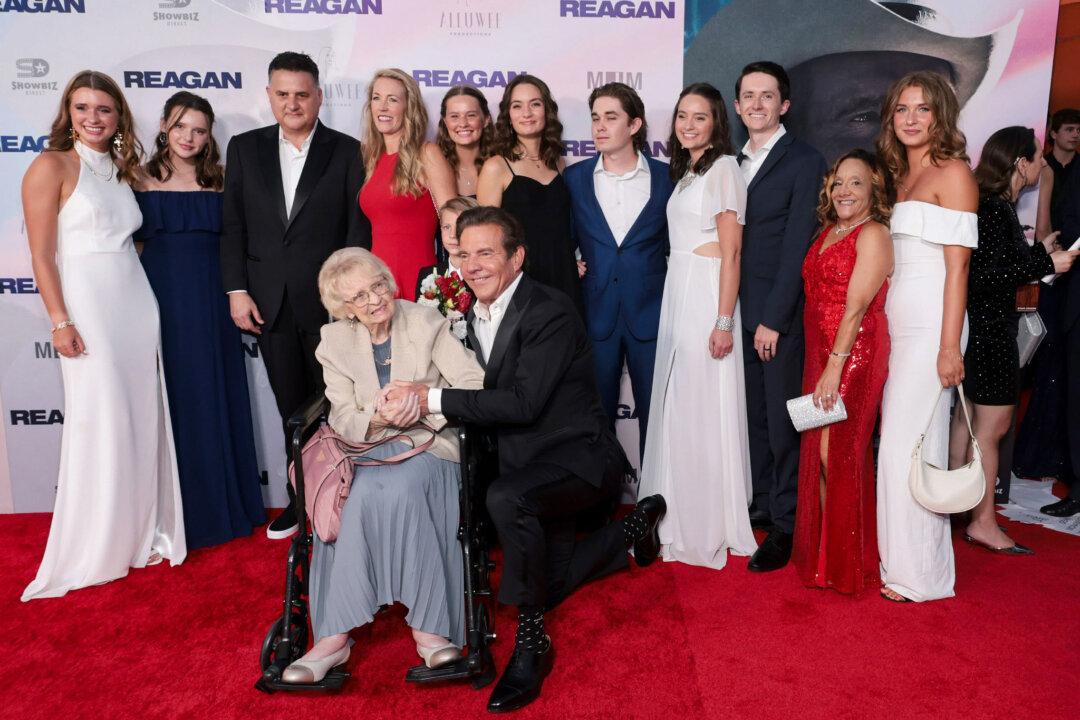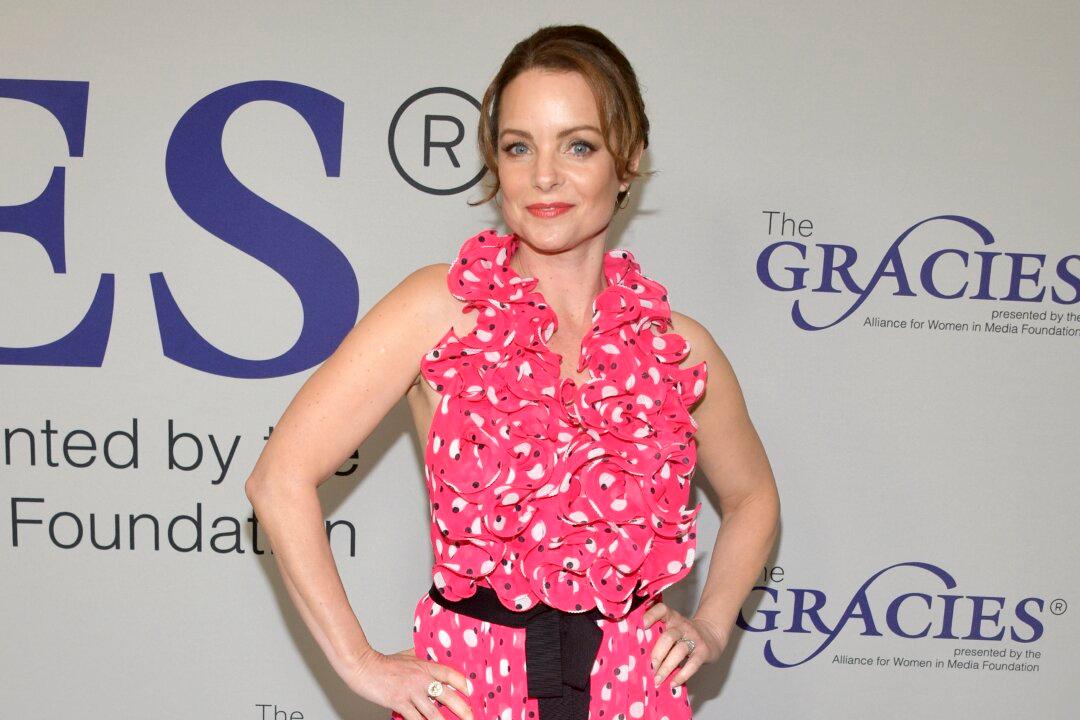Jury selection in the first Astroworld wrongful death civil trial has been delayed. The family of Madison Dubiski filed the suit after the 23-year-old lost her life in the tumultuous crowd surge at the Nov. 5, 2021 concert. The crowd crush at the concert, which featured rap superstar Travis Scott, claimed the lives of 10 individuals and injured hundreds.
Jury selection was initially set to begin on May 7, but has been postponed pending the outcome of an appeal by Apple, Inc., one of more than 20 defendants set to go to trial. Apple’s appeal automatically halted the onset of jury selection, which was initially set to begin on May 7, 2024, but has been postponed pending the outcome of the appeal.
In a courtroom session on May 2, State District Judge Kristen Hawkins acknowledged the delay prompted by Apple’s appeal. The tech conglomerate is contesting Judge Hawkins’ ruling that rejected its motion for dismissal from the lawsuit. Central to Apple’s argument is the assertion that, according to Texas law, it possesses the right to appeal as its defense claims are intertwined with its role as a member of the electronic media.
During the hearing, attorney Kent Rutter, representing Apple, emphasized the tech giant’s stance that its actions, specifically the livestreaming of Mr. Scott’s concert, are shielded by the First Amendment, as it was operating in the capacity of a media entity.
Despite efforts by Ms. Dubiski’s legal team to expedite proceedings, including an appeal to lift the stay, the appeals court upheld the delay. Jason Itkin, one of the family’s attorneys, indicated plans to escalate the appeal process, potentially reaching the Texas Supreme Court.
The crux of the family’s argument revolves around claims of negligent planning and disregard for crowd capacity at the event. They contend that Apple’s camera placement influenced barrier positioning, exacerbating the congestion near the main stage.
Mr. Rutter maintained that Apple’s actions constituted news gathering, citing significant public interest in the event. However, Mr. Itkin refuted the characterization, highlighting Apple’s primary business focus on technology rather than news dissemination.
During deliberations, Judge Hawkins expressed skepticism regarding Apple’s classification as a member of the electronic media. She challenged Mr. Rutter’s assertion by questioning whether a live stream of zoo animals could be considered news, to which Mr. Rutter responded affirmatively.
Ms. Dubiski’s case, selected as the flagship trial amid a barrage of lawsuits stemming from the concert, was slated to set the precedent for subsequent litigation. Notably, a grand jury’s decision last year declined to indict Mr. Scott on criminal charges, along with five others associated with the festival.
Last month, rap artist Drake was dismissed from the ongoing litigation.
In April as well, lawyers for Mr. Scott argued that he should be dismissed from the hundreds of lawsuits filed over the festival, saying he was not responsible for safety planning or watching for potential dangers at the Houston event. The artist has conveyed that he was oblivious to the gravity of the situation during his performance at Astroworld.
Over 4,000 plaintiffs filed legal claims after the deadly concert. A few lawsuits, involving the families of some of those killed, were settled out of court. Ms. Dubiski’s case was chosen by attorneys in the litigation to be the first to go to trial.
The Epoch Times contacted Mr. Itkin and Mr. Rutter for a statement but did not receive a response by time of publication.
The Associated Press contributed to this report.







